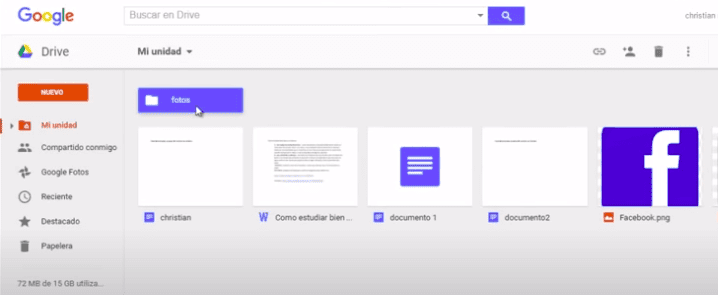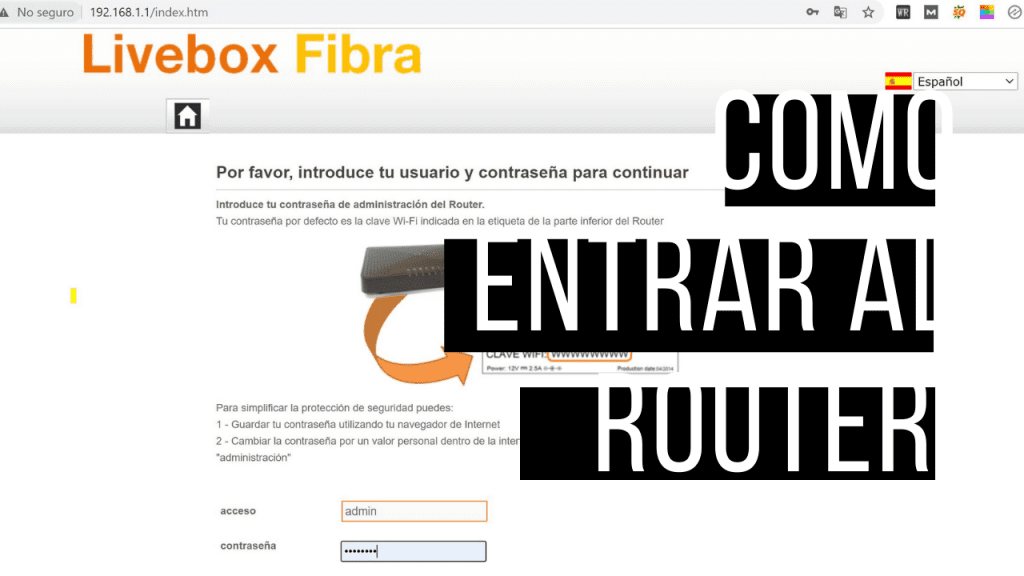La coronavirus crisis It has hit everyone very hard. The closure of businesses has caused many people to lose a large amount of money, but those that have suffered the least, and even gained from this on some occasions, have been the online stores. Not having to 'open doors', perhaps it is time to consider, What if I make an online store?
Unless they are large platforms or with a very specific audience, the online shops They are not substitutes for physical stores but a good way to complement them. They have many advantages, among which is the fact that you can shop 24 hours in them and it is not necessary to 'raise and lower the blind' so that clients can come to it.
Create an online store It may seem somewhat complicated but there are many relatively simple options to be able to bring all the products from a store to an online version. For example, anyone with a minimum of knowledge can create an online store making use of platforms such as CommerceTools.
How to create an online store
To create an online store It is best to leave the work in expert hands. However, those people who do not have much experience with new technologies can also take their first steps and create simple stores that allow users to buy the products without much difficulty or, at least, see the online catalog for physical sale.
There are platforms drag and drop that allow you to simply drag the elements, to make the creation process as visual, intuitive and simple as possible. It is enough to have the graphic elements and product data to be able to add them to the store. Some examples of platforms that allow drag and drop The most popular are WooCommerce and PrestaShop. However, depending on what project you want to carry out, there are other alternatives such as the Commercetools platform which, for example, allows you to become the provider of a platform that allows you to add third parties to offer your products through a cloud platform.
Move your store to the cloud

If you already have a traditional online store then you have already come a long way, but perhaps you want to go a step further and improve it, how? Migrating the online store to the cloud.
There are many e-commerce platforms that have decided to leave behind traditional platforms to migrate to the cloud, with all the advantages that cloud computing offers for this type of services. What are these advantages?
- Cost savings: Being able to have an infrastructure that is accessed remotely greatly favors cost savings in many different areas such as hardware, infrastructure and support, as well as maintenance expenses. Thanks to this significant savings compared to other options, not only can big brands afford to sell online but it is also accessible to small companies that want to start in e-commerce or electronic business.
- Scalability: While many traditional services can stagnate in the face of exponential or unexpected growth of a store, and in turn have an excess of resources when demand is reduced, cloud technology allows resources to be adapted to the needs that a platform may have at any given time.
- Ease of management: Having everything at the click of a button is undoubtedly one of the greatest advantages offered by migrating a store to a cloud platform, and that is that all the tools offered are incredibly intuitive. In addition, there are generally assistance and information tools provided by the same cloud service provider, which makes this system a very interesting option for starting an online business.
- Safety: While most traditional hosting services have more or less reliable security systems, cloud platforms offer a higher level of security. The data stored in the virtual infrastructure allows the website to be operational at all times and reduces the risk arising from both breakdowns and attacks or theft of information. Without a doubt one of the most important points to take into account, since the theft of information or the loss of data by an online business can lead to many problems, both organizational and legal.
Knowing the and advantages What cloud platforms have can be combined, both service providers for e-commerce platforms with cloud service providers. On many occasions both services are offered together to make things easier, so you can see unions like in the whitepaper they have created, which you can read in the following link. Commercetools and Google Cloud, one offering the platform for sales and the other the cloud infrastructure.
If you decide to opt for these cloud services, it is important to know that there are different types of cloud computing that are used to provide services to all users. Knowing them is essential to be able to choose the most appropriate one for each type of project. They vary depending on their level of ownership and the level at which they operate. The types of cloud computing The most used that can be found according to their level of ownership are:
- Public cloud: It is a dedicated cloud for both individuals and SMEs or large companies, although the latter are the main users of this type of cloud, and they offer a high level of implementation while having minimal maintenance. They are much cheaper than private clouds, although depending on the provider and its services at the public levels, it is possible that, in the security section, they want to reinforce it with a second layer. Some of the most popular options found in this sector, and also used by large companies, are the cloud computing from Amazon and Google.
- Private cloud: Without a doubt the most secure type of cloud that exists when working locally. These are the exclusive clouds of companies. They are responsible for providing only the system, but both hosting and maintenance must be carried out by the company that contracts this type of cloud. In addition to security, another of the main advantages is that the hardware can be specifically adapted to the needs of the company, although maintenance and updating costs will have to be assumed, as well as expert personnel in the field are required to be able to do so. carry out said maintenance.
- Hybrid cloud: The mix of public and private cloud. Ideal for those companies that handle sensitive information (storing said sensitive data in the private cloud while the rest is stored in the public cloud) or that may require rapid escalation, in which case they can stick to the public cloud that can be implemented quickly.
What type of cloud is best for your business? Everything will depend on the project you have for your e-commerce platform. If it is a large project, it is very likely that the best option, if you can afford the costs, is a private cloud, while small projects will be better off in a public or hybrid cloud, especially if a large project is expected. escalation or if the impact it may have is unknown.


Expert in SEO/SEM and communication on social networks.
CEO at tecnologia.net and passionate about everything related to technological progress





